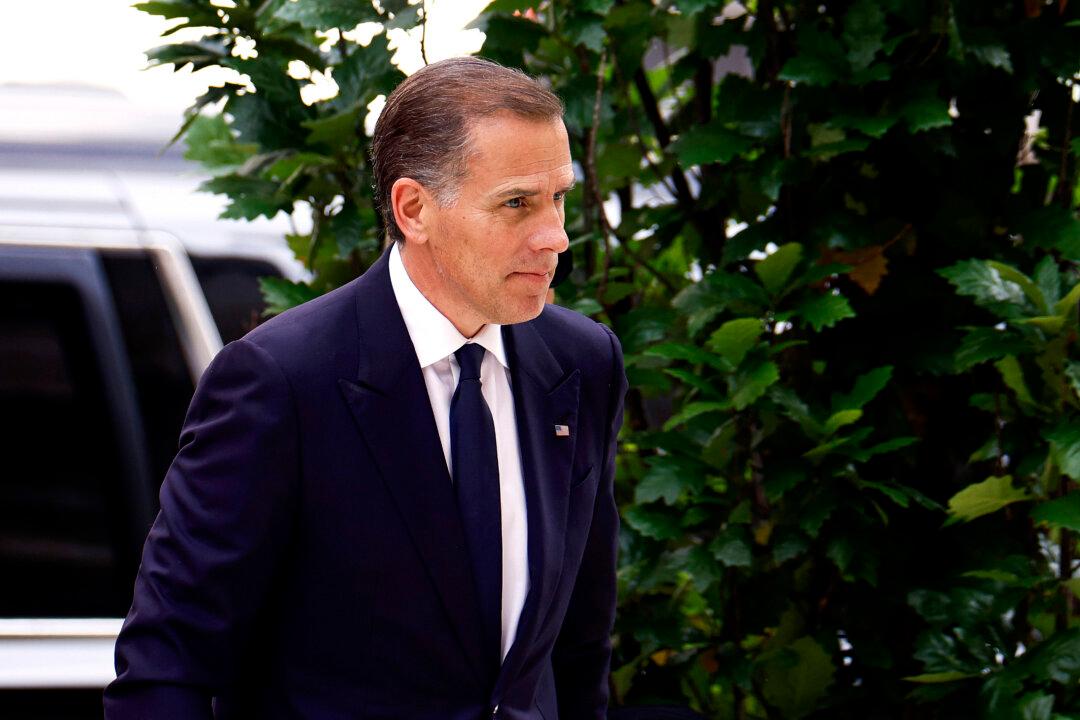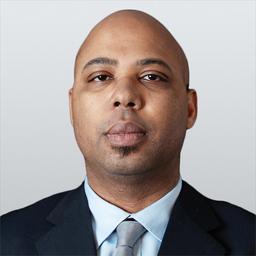WILMINGTON, Del.—Hunter Biden’s federal gun trial entered its third day on June 5 as prosecutors called his ex-wife and ex-girlfriend to the stand to testify about his addiction to crack cocaine.
Prosecutors have scrutinized Mr. Biden’s large cash withdrawals the year of the gun purchase and numerous texts, photos, and videos that allegedly show his use of crack cocaine before and after the gun purchase on Oct. 18, 2018. With the inclusion of his ex-partners’ testimonies, prosecutors are trying to prove that Mr. Biden knowingly lied on his gun application form when he said he wasn’t a drug addict.






